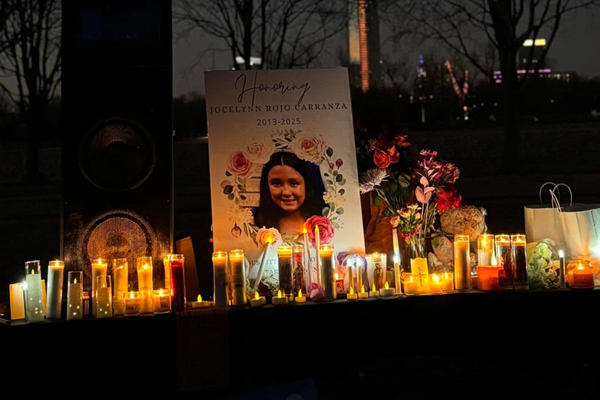Mortgage repayments have left people fearing that they will reach a point where we “just simply won’t have any more money”, amid soaring interest rates. Figures from Moneyfactscompare.co.uk showed the average two-year fixed-rate residential mortgage rate on the market jumped to 6.07% on Tuesday, from 6.01% on Monday.
Despite being on a repayment tracker mortgage, where the interest rate you pay is linked to the Bank of England’s base rate, Alistair Goodfellow, a business development manager, told the PA news agency that he decided not to go for a fixed-rate mortgage – which he has had in the past – because of the high rates. However, he added that he has an outstanding mortgage of £420,000 over the next 30 years, which has increased his repayments by between £600 and £700 a month.
“Now, it’s really hurting”, the 38-year-old who lives in Solihull in the West Midlands said. “We’ve had to cut back on everything – no eating out, we’re not buying clothes or really doing anything social anymore – we’re having to look after every single penny. And because we’re on a tracker, we’re expecting it to go up again – and energy costs have gone up considerably.”
He added that he appreciates he is in a “fortunate position because of my income and in terms of the house” he bought with his wife, but increasing interest rates are worrying: “It’s going to get to a point where we just simply won’t have any more money and that’s a very concerning place to be.”
Consumer champion Martin Lewis has told ITV ’s Good Morning Britain that he had previously highlighted a “mortgage ticking time bomb”. He continued: “And I’m afraid that time bomb is now exploding.”
Mr Goodfellow agreed with the statement, describing him as a “national treasure”.
“He actually helped me a long time ago – about seven or eight years ago – when financially I was in a very different situation, with very high debts”, he added. “It was all thanks to his advice that I managed to pay all of those off.”
He added that he fears mass repossessions and redundancies will happen if more is not done to help those being crippled by mortgages: “We’re just going to fall of a cliff, industries will start closing en masse, people will be made redundant en masse and we will have bankruptcies and repossessions.”
Merchandiser Lisa Petty told the PA news agency that her flat in east London has Grenfell-style ACM cladding and because the building is under 11m, she is classed as a “non-qualifying leaseholder” and doesn’t qualify for any government funding, meaning she would have to pay £21,000 to remove it. In October 2020, she said an external walls fire risk assessment was conducted, with the results leading to the conclusion that “I can’t remortgage to another provider”.

“And I can’t sell my flat, so the only option I had when I needed to remortgage was to stay with my current provider and the best rate I could get at the time resulted in the 50% increase in my mortgage repayment – except, it’s not the repayment, it’s the interest,” the 42-year-old added.
Ms Petty has a two-year fixed tracker, which is fixed at 0.49% above whatever the base rate is, and added that she has “so much anxiety” because of the situation: “Money is all I think about.”
She added that she worries for her safety continually living in a property with dangerous cladding. When asked if she feels as though there is enough support for people struggling with soaring interest rates, she said: “There is certainly no help available for me or anyone else that lives in my block.
“I work full-time, I earn a good salary, but my salary hasn’t increased by 51% per month. It would be a bit easier to stomach if everything else wasn’t so expensive and if energy hadn’t increased as much as it had, but you’re just being squeezed from every side. Quite frankly, I’d love to be able to sell my property – it’s all I’ve wanted to do for the last three years, but I can’t because it’s unmortgageable, no lender will lend on it.”







